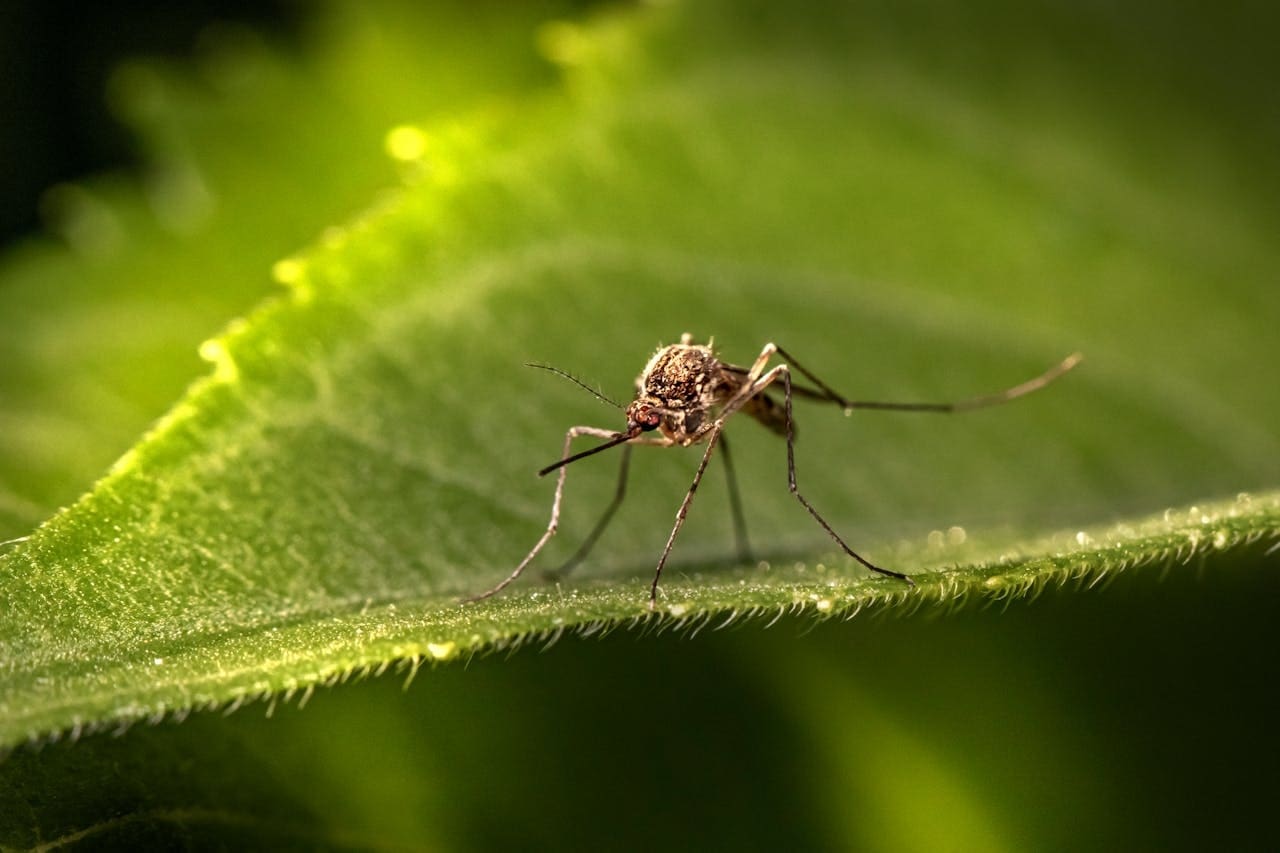Organic Pest Control Methods: Eliminate Garden Pests Without Harming Kids, Pets, or the Environment
When unwanted pests invade your garden, it’s tempting to reach for the fastest chemical fix. But synthetic pesticides can do more harm than good—damaging your plants, harming beneficial insects, and posing risks to children and pets. That’s where organic pest control methods come in.
If you’re ready to protect your landscape naturally, our experts at Borst Landscape & Design are here to help. Reach out online or call us at (201) 822-9327 for a customized, safe pest control plan tailored to your property.
Why Choose Organic Pest Control?
Organic pest control focuses on sustainable, non-toxic solutions that maintain the natural balance of your yard. Instead of targeting every insect, these methods aim to deter or eliminate harmful pests while preserving beneficial ones like bees, ladybugs, and earthworms.
This approach reduces your exposure to harmful chemicals and helps create a healthier outdoor environment for your family and pets. It also promotes long-term garden health by encouraging soil vitality and natural resistance to pest infestations.
Common Organic Pest Control Methods
Let’s explore the top techniques homeowners in Bergen County and nearby areas can use to manage pests the organic way.
1. Beneficial Insects: Nature’s Pest Patrol
Not all bugs are bad. In fact, many insects are your best allies in the garden. Ladybugs, lacewings, and parasitic wasps are all predators of common garden pests like aphids, mites, and caterpillars.
- Ladybugs eat soft-bodied insects such as aphids and whiteflies.
- Lacewings devour a range of pests in their larval stage.
- Parasitic wasps lay eggs inside caterpillars, controlling populations naturally.
You can attract these insects by planting nectar-rich flowers like dill, fennel, and yarrow. Or, you can purchase beneficial insects from garden centers and release them in problem areas.
2. Neem Oil: A Natural Insecticide and Fungicide
Derived from the seeds of the neem tree, neem oil is a safe and versatile organic treatment you can use at home. It disrupts the feeding and reproductive cycles of over 200 insect species, including:
- Aphids
- Spider mites
- Mealybugs
- Japanese beetles
To use, mix neem oil with water and a few drops of mild soap, then spray it directly onto affected leaves. Neem oil also acts as a mild fungicide, helping to control powdery mildew and black spot.
3. Diatomaceous Earth: A Mechanical Insect Killer
Diatomaceous earth (DE) is a fine powder made from fossilized algae. While it feels soft to the touch, it’s sharp at the microscopic level. DE damages the protective outer layer of insects like ants, fleas, and slugs, causing them to dehydrate and die.
For best results:
- Use food-grade DE.
- Apply it to dry soil, focusing on plant bases and pest-prone areas.
- Reapply after rain or heavy watering.
Because DE targets crawling insects mechanically, it won’t harm earthworms or bees when used properly.
4. Companion Planting: Smart Garden Layouts for Pest Control
Companion planting is the strategic placement of plants that support each other’s growth or deter pests. It’s an age-old organic method with lasting benefits.
Examples include:
- Basil and tomatoes: Basil repels flies and hornworms.
- Marigolds: These release a scent that deters nematodes and aphids.
- Chives and roses: Chives repel Japanese beetles and protect rose blossoms.
By mixing aromatic, pest-repelling plants into your garden beds, you can naturally reduce infestations without spraying a thing.
5. Barriers and Traps
Physical controls are highly effective, especially when used with other organic methods. Some ideas include:
- Floating row covers to keep out flying pests.
- Copper tape around garden beds to deter slugs and snails.
- Yellow sticky traps to attract and catch whiteflies or fungus gnats.
These solutions are especially useful for vegetable gardens and flower beds, where delicate blooms need extra protection.
6. Healthy Soil, Healthy Plants
The most effective pest control starts below the surface. Strong, thriving plants are naturally more resistant to insect and disease problems. You can encourage a healthy garden by:
- Adding organic compost to enrich soil nutrients.
- Applying mulch to retain moisture and suppress weeds.
- Avoiding over-fertilization, which can attract pests like aphids.
Healthy soil is alive with beneficial microbes and organisms that build resilience against pests over time.
Organic Pest Control for Every Season
Pests don’t take the season off—and neither should your pest control strategy. Here’s a seasonal overview to stay ahead of common threats in New Jersey:
- Spring: Watch for aphids, ants, and caterpillars. Begin using companion plants and neem oil early.
- Summer: Treat whiteflies and beetles with DE or insecticidal soap. Keep up with beneficial insect releases.
- Fall: Clear garden beds to remove eggs and overwintering insects. Use garlic or pepper sprays as needed.
- Winter: Apply dormant oils to fruit trees and shrubs to kill hibernating pests before spring bloom.
Is Organic Pest Control Right for You?
For homeowners looking to create a safe, beautiful outdoor space without exposing their families or pets to harmful chemicals, organic pest control methods make a wise choice. It offers long-term results and supports the overall health of your landscape.
But you don’t have to do it yourself.
If you’re ready to adopt a safer, more sustainable approach to pest management, we’re here to help. At Borst Landscape & Design, our team can develop a customized organic pest control plan that fits your property, your goals, and your lifestyle.
Call us today at (201) 822-9327 or reach out online to schedule your free consultation. Let’s work together to keep your landscape healthy—naturally.
Photo by Erik Karits


